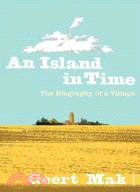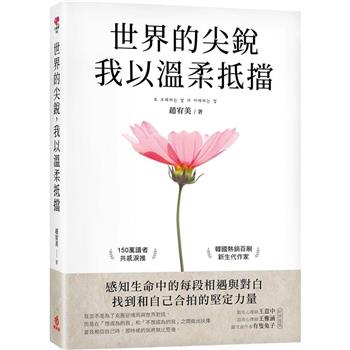A fascinating account from a highly acclaimed writer of the life and charming inhabitants of a typical countryside village, and how it must adapt and change in order to survive in the modern world
The countryside is in crisis. The shops are closing down in the villages, there is no school for miles around and, when they grow up, the few remaining children will escape to a less arduous life in the city. The village as we have known it for centuries must adapt to survive, but what will be lost in the process? In this book Geert Mak returns to the small Netherlands village of his childhood, Jorwerd (pop. 330 and falling), and meets the present-day Jorwerders: a stubborn, stoic people for whom the flat, windswept landscape has been a source of livelihood for generations, but is now rarely more than a tourist attraction. He has tea with the butcher's wife, drops in on the pub for a beer, and recounts the stirring story of Old Peet, a farmhand who was born, lived, and died in Jorwerd. Such men are an extinct species in the new free-market Europe and, with his passing, the village he lived in moved a step along the road of terminal decline. Jorwerd is a paradigm for the changing face of the countryside around the world, but Mak discovers that Jorward posesses, despite its travails, a neighborliness and sense of community that no longer exist in urban life, while ancient families struggle to preserve their long-established way of life
in a world obsessed with money and profit.











